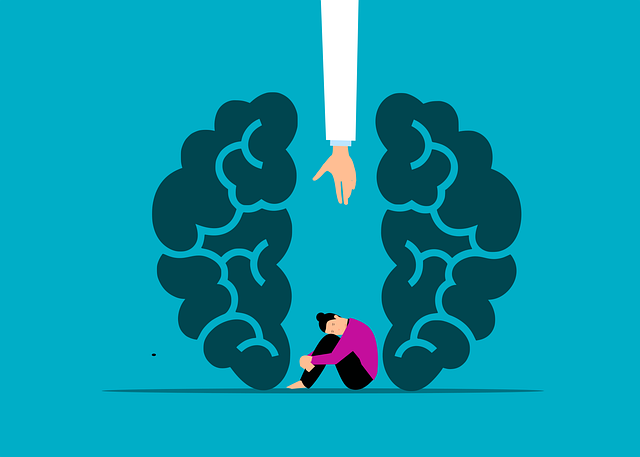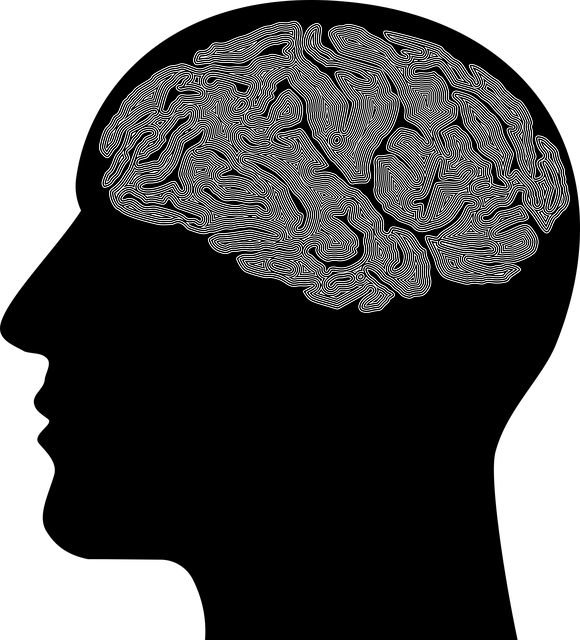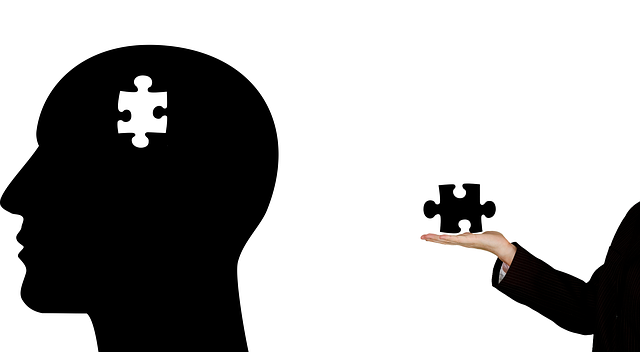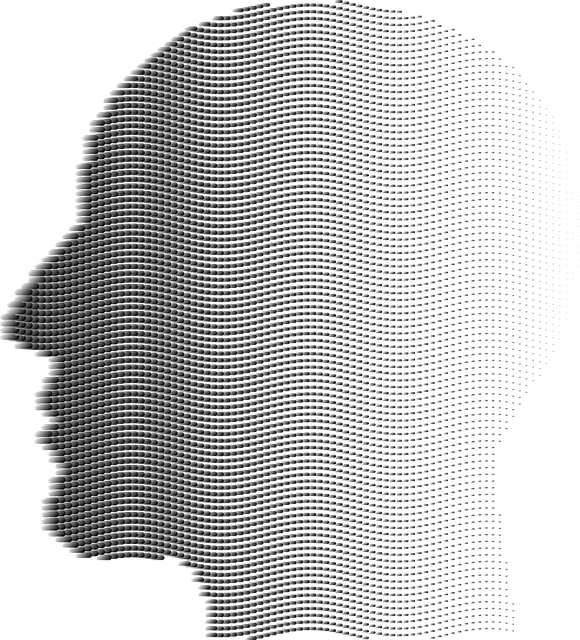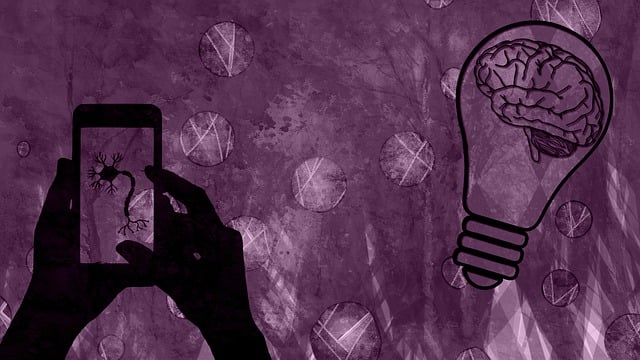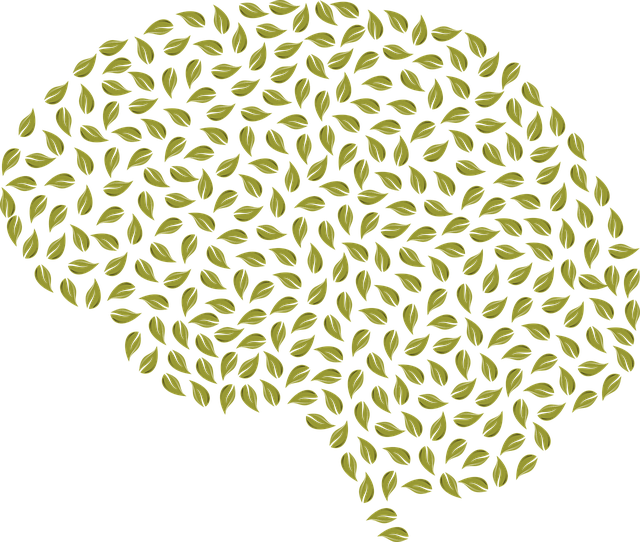Therapy for Young Adults Pain Management requires a culturally sensitive approach due to diverse backgrounds influencing emotional expression, health perceptions, and coping strategies. Therapists should employ empathy-building techniques, like mindfulness meditation from varied traditions, to foster trust and tailor pain management plans to individual cultural frameworks. This holistic method enhances engagement and addresses both physical and psychological pain aspects, moving beyond traditional pill-based solutions. Public mental health campaigns aimed at young adults must also prioritize cultural sensitivity for accessibility and relevance.
In the diverse landscape of mental healthcare, cultural sensitivity is a cornerstone of effective treatment, especially for young adults. This article explores the intricate web of cultural diversity within this demographic and its implications for therapy. We delve into strategies for therapists to navigate sensitive topics, integrate cultural awareness in sessions, and offer tailored support. Furthermore, it highlights the significance of culturally informed pain management among young adults, ensuring holistic care that respects individual backgrounds and experiences.
- Understanding Cultural Diversity in Young Adult Populations
- Integrating Cultural Sensitivity into Therapy Sessions
- Effective Pain Management Strategies Considering Cultural Contexts
Understanding Cultural Diversity in Young Adult Populations

Young adult populations represent a diverse range of cultural backgrounds, beliefs, and values, which significantly impact their mental health experiences and needs. In today’s interconnected world, cultural sensitivity in mental healthcare is paramount to ensuring effective therapy for young adults. Understanding and appreciating this diversity involves recognizing the unique challenges and strengths within these communities, such as navigating issues related to identity, immigration, and access to care.
Therapy for young adults must incorporate empathy building strategies that respect and embrace their cultural identities. For instance, incorporating mindfulness meditation techniques from different cultural traditions can create a sense of belonging and facilitate emotional well-being promotion. By integrating these cultural elements into therapy sessions, mental health professionals can foster open communication, build trust, and develop tailored pain management strategies that resonate with diverse young adult populations.
Integrating Cultural Sensitivity into Therapy Sessions

Incorporating cultural sensitivity into therapy sessions is a vital step in ensuring effective treatment for young adults, especially those navigating issues related to pain management. Cultural background significantly influences how individuals perceive and express emotions, as well as their understanding of health and illness. Therapists must be adept at recognizing and respecting these cultural nuances to create a safe and supportive environment. This involves active listening, open-mindedness, and tailoring therapeutic techniques to align with the client’s cultural framework. For instance, promoting positive thinking can be approached differently across cultures; what works for one individual might not resonate with another.
By integrating cultural sensitivity, therapists can enhance their clients’ engagement in therapy and improve outcomes. This is particularly relevant in the context of pain management, as cultural beliefs about pain and its treatment can vary widely. Understanding these differences enables therapists to develop personalized strategies that address both the physical and psychological aspects of pain, fostering a more inclusive and effective healing process. Moreover, public awareness campaigns focused on mental health, such as those promoting positive thinking, should be developed with cultural sensitivity in mind to ensure their messages are accessible and meaningful to diverse audiences.
Effective Pain Management Strategies Considering Cultural Contexts

In the realm of mental healthcare, especially when catering to young adults, understanding and incorporating cultural sensitivity is paramount for effective pain management. Each individual brings their unique cultural context, which can significantly influence how they perceive and cope with pain. For instance, some cultures may emphasize spiritual or communal approaches to healing, while others might prefer more individualized therapy for self-esteem improvement and inner strength development. Therapists facilitating pain management in young adults must be adept at navigating these cultural nuances.
One such strategy that bridges cultural gaps is the integration of compassion cultivation practices. By fostering a sense of empathy and understanding between therapist and client, these practices can create a safe space where clients feel comfortable discussing their experiences and emotions related to pain. This, in turn, allows for more tailored interventions aimed at addressing not just the physical symptoms but also the psychological and social aspects that contribute to pain perception and management. Thus, culture-responsive therapy for young adults with pain issues goes beyond pill-based solutions, focusing instead on holistic approaches that respect and incorporate individual cultural beliefs and practices.
Cultural sensitivity is a cornerstone of effective therapy for young adults, ensuring inclusive and compassionate pain management strategies. By understanding cultural diversity and integrating these insights into practice, mental healthcare providers can create safe spaces that resonate with clients from various backgrounds. This approach not only enhances therapeutic outcomes but also promotes equitable access to care, recognizing the unique needs and experiences of young adults across different cultural contexts, especially when addressing issues related to pain management.
